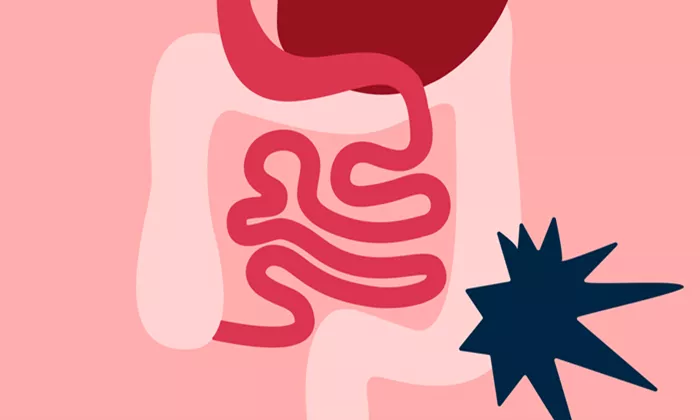Irritable bowel syndrome (IBS) is a common digestive disorder that affects the large intestine. It is characterized by a group of symptoms that can include abdominal pain, bloating, constipation, and diarrhea. While IBS can be uncomfortable and disruptive to daily life, it is not a life-threatening condition. In this article, we will discuss what IBS is, what it looks like, and how it is treated.
What is IBS?
IBS is a chronic condition that affects the large intestine, also known as the colon. It is estimated that up to 15% of the population may have IBS, making it one of the most common digestive disorders. While the exact cause of IBS is not known, it is believed to be related to a combination of factors, including abnormal muscle contractions in the colon, increased sensitivity to food and stress, and changes in the gut microbiome.
What Causes IBS?
The exact cause of IBS is not known, but it is believed to be related to a combination of factors, including abnormal muscle contractions in the colon, increased sensitivity to food and stress, and changes in the gut microbiome. Certain foods and drinks, such as caffeine, alcohol, and fatty or spicy foods, can trigger symptoms of IBS in some people. Stress and anxiety can also exacerbate symptoms of IBS.
What Does IBS Look Like?
The symptoms of IBS can vary from person to person, and some people may experience only mild symptoms while others may experience more severe symptoms. Some of the most common symptoms of IBS include:
Abdominal pain or cramping: This is one of the most common symptoms of IBS. The pain may be mild or severe and may be relieved by passing gas or having a bowel movement.
Bloating: People with IBS may experience bloating or a feeling of fullness in the abdomen. This can be caused by gas or fluid accumulation in the intestines.
Constipation: This occurs when bowel movements are infrequent or difficult to pass. People with IBS may experience constipation as a result of slow movement of stool through the colon.
Diarrhea: This occurs when bowel movements are frequent and loose. People with IBS may experience diarrhea as a result of rapid movement of stool through the colon.
Changes in bowel habits:People with IBS may experience alternating periods of constipation and diarrhea. This can make it difficult to predict when bowel movements will occur.
Mucus in the stool: This is a common symptom of IBS and is not usually a cause for concern. Mucus in the stool can be a sign of inflammation in the intestines.
Urgency: People with IBS may feel a sudden and urgent need to have a bowel movement.This can be accompanied by abdominal pain or cramping.
How Is IBS Diagnosed?
Diagnosing IBS can be challenging, as there is no specific test that can confirm the condition. Instead, doctors typically rely on a combination of symptoms and tests to make a diagnosis. To diagnose IBS, a doctor may perform a physical exam, review the patient’s medical history, and order tests such as blood tests, stool tests, or imaging tests. In some cases, a doctor may perform a colonoscopy or other tests to rule out other conditions that can cause similar symptoms, such as inflammatory bowel disease or celiac disease.
How Is IBS Treated?
While there is no cure for IBS, there are several treatment options that can help manage symptoms and improve quality of life. Treatment for IBS typically involves a combination of lifestyle changes, dietary modifications, and medication.
Lifestyle changes: Making lifestyle changes such as getting regular exercise, reducing stress, and getting enough sleep can help improve symptoms of IBS. Some people find that relaxation techniques such as yoga or meditation can also be helpful.
Dietary modifications: Making changes to the diet can also be helpful in managing symptoms of IBS. Some people find that avoiding certain foods such as dairy or gluten can help reduce symptoms. Others may benefit from increasing fiber intake or taking probiotics.
Medication: There are several medications that can be used to treat symptoms of IBS. These include antispasmodics, which can help reduce muscle contractions in the colon, and laxatives, which can help relieve constipation. In some cases, antidepressants may be prescribed to help manage symptoms such as abdominal pain or bloating.
Conclusion:
Irritable bowel syndrome (IBS) is a common digestive disorder that affects the large intestine. It is characterized by a group of symptoms that can include abdominal pain, bloating, constipation, and diarrhea. While there is no cure for IBS, there are several treatment options that can help manage symptoms and improve quality of life. If you are experiencing symptoms of IBS, it is important to talk to your doctor to determine the best course of treatment for you. With proper treatment and management, most people with IBS are able to lead normal, healthy lives.
Related topics:


